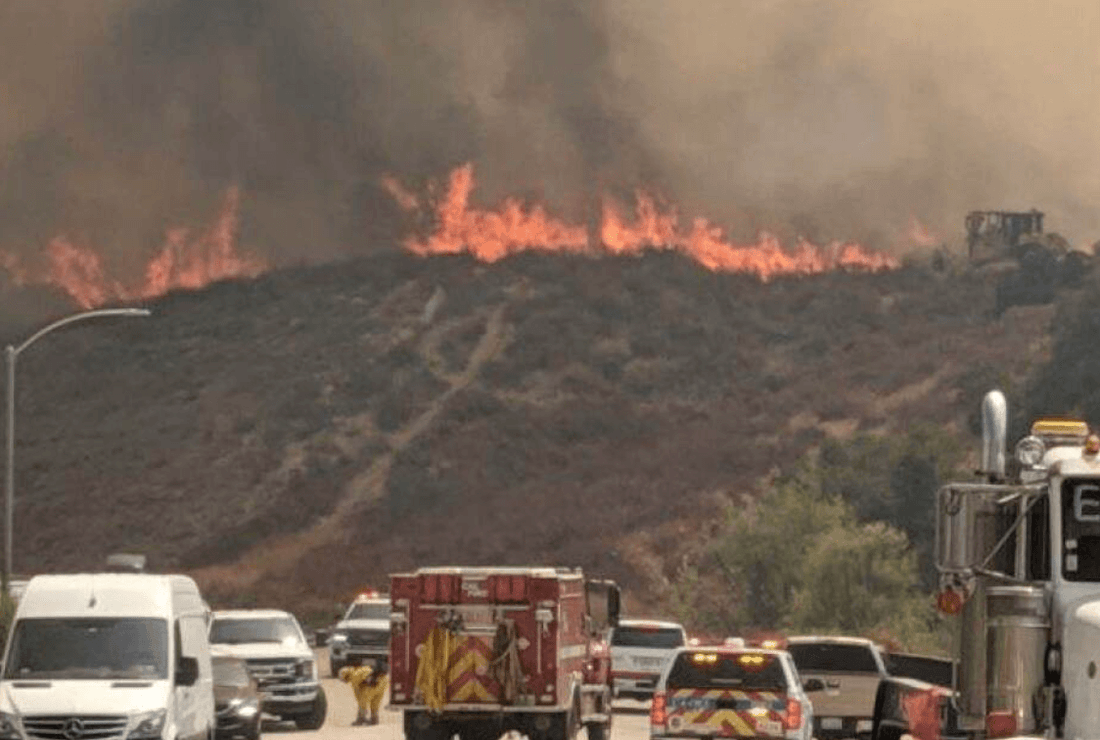In Canada, wildfires may cause significant property damage and endanger lives. They typically occur between May and September, however they can start earlier in some regions. These methods are the safest approach to safeguard yourself and your family in the event of a wildfire.
Always:
- Stay Informed
- Ensure that your car has gasoline.
- Evacuate as directed, and carry your emergency kits.
- Re-enter your house only at the direction of authorities and community leaders.
BEFORE evacuating:
- Being prepared and having an emergency plan in place is essential for keeping yourself and your loved one safe.
- For potential wildfire notifications, listen to the radio or local news channels, or follow your local news source on social media.
- Ensure that fire damage is covered by your house insurance.
**Recognise the difference between an evacuation order and an alert:
If you receive an evacuation order, you should leave the area right away because you are in danger. Move away from the fire by following the paths that the authorities have designated.
When there is an evacuation alert, you need to be prepared to leave the moment they announce it.**
DURING evacuation
- Be ready to go at any moment. Evacuate if instructed to do so.
For the most recent information on the fire and any potential road restrictions, listen to local radio stations. - Place your automobile in the driveway's front parking spot. If you need to flee, keep your car windows closed and have your belongings ready to stow in the trunk.
- Close all of the windows and doors in the house if you do not evacuate to prevent smoke and debris from entering. Observe the guidelines for reducing fire damage.
- Firewood and outdoor furniture are among the combustibles that should be moved far from the home. Any propane grills should be moved outdoors and away from buildings.
AFTER evacuation
- Continue to exercise prudence, pay attention to local authorities' instructions, and act accordingly.
- Re-enter your house only if officials have given approval.
If you are unable to stay in your house due to fire damage, get in touch with your local government office for assistance in locating temporary lodging.
To find out if you qualify for financial aid in the event of a disaster, contact your local authorities. - When accessing burnt areas, use caution since there may still be dangers present, such as hot patches that might suddenly flare up.
- Ensure the safety of your food and water. Use only clean water, and throw away any food that may have come into contact with heat, smoke, or soot.
